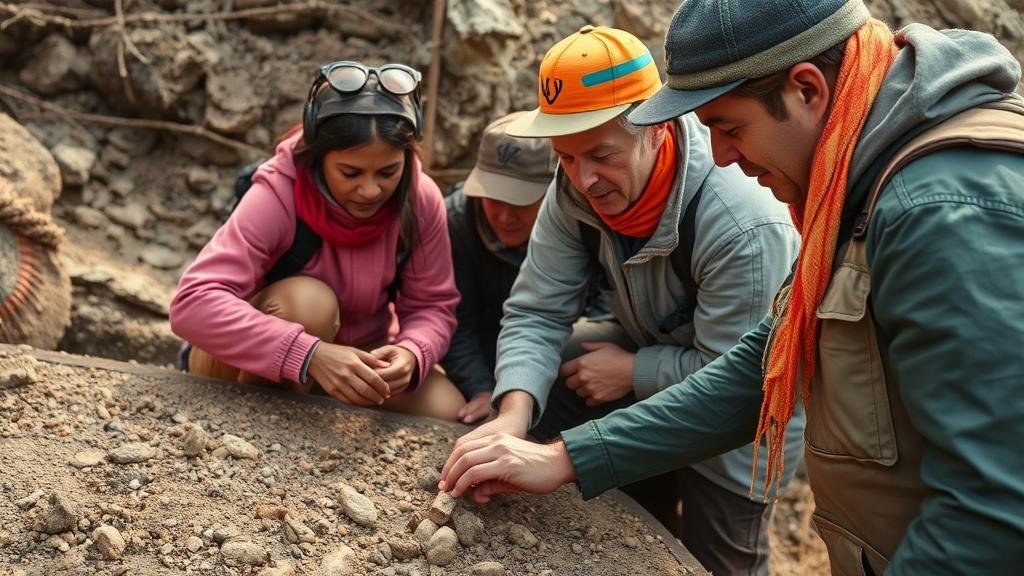How professional explorers work with local communities to uncover new discoveries.
How Professional Explorers Work with Local Communities to Uncover New Discoveries
The dynamic between professional explorers and local communities is fundamental in the pursuit of new discoveries. By collaborating with indigenous populations and local stakeholders, explorers can access traditional knowledge, enhance scientific research, and promote conservation efforts. This article explores how this synergy unfolds, illustrated by specific case studies and real-world applications.
The Importance of Collaboration
Collaboration with local communities is crucial because these groups often hold invaluable knowledge about their environments. This understanding can lead to significant breakthroughs in fields such as archaeology, biology, and geology. According to a study published in the journal Nature, 70% of biodiversity conservation projects that integrated local knowledge were more successful than those that did not, highlighting the importance of these partnerships.
Case Study: The Amazon Rainforest
In the Amazon, explorers from the scientific community have teamed up with indigenous tribes such as the Yanomami and the Kayapo to study biodiversity. For example, in 2019, a team of biologists collaborated with indigenous leaders to identify plant species that have medicinal properties. collaboration provided not only access to these plants but also insights into their uses in traditional healing practices.
- The Yanomami tribe contributed knowledge of over 700 plant species.
- Key findings included new treatments for diseases such as cancer and diabetes.
Building Trust and Mutual Respect
Successful partnerships are built on trust and mutual respect. Explorers must engage local communities from the onset, ensuring that they acknowledge the unique cultural values of these groups. An example can be seen in the partnership between the NGS (National Geographic Society) and local communities in Tanzania’s Serengeti National Park.
In this collaboration, local groups were involved in conservation efforts, leading to the following outcomes:
- Creation of sustainable eco-tourism initiatives, benefiting both explorers and local economies.
- Empowerment of local communities through training programs, enhancing their role in conservation.
Using Technology for Collaborative Research
Technology has revolutionized how explorers work with local communities. advent of mobile applications and satellite imagery allows for enhanced data collection and analysis. For example, explorers in Papua New Guinea utilize drones to map unexplored territories in collaboration with local hunters and gatherers.
This use of technology serves to:
- Document and preserve cultural sites that might be threatened by deforestation.
- Gather ecological data that informs both conservation efforts and traditional practices.
Ethical Considerations and Benefits
It’s critical to address the ethical implications of working with local communities. Explorers need to ensure that their work does not disrupt local cultures or exploit resources. Ethical guidelines, such as obtaining free, prior, and informed consent (FPIC) from local populations, have become standard practice within professional explorations.
Benefits of ethical collaboration include:
- Enhanced support from local communities, leading to more fruitful discoveries.
- Long-term conservation agreements that help protect cultural and ecological integrity.
Conclusion: A Pathway to New Discoveries
Professional explorers have an unprecedented opportunity to uncover new discoveries by working closely with local communities. This partnership not only enriches research endeavors but also fosters respect and preservation of diverse cultures and ecosystems. The synergy between modern science and traditional knowledge could indeed be the key to a sustainable future, ripe with possibilities for discovery.
As explorers embark on their next journeys, embracing collaboration and ethical practices will be essential for unlocking the mysteries hidden in our world.



